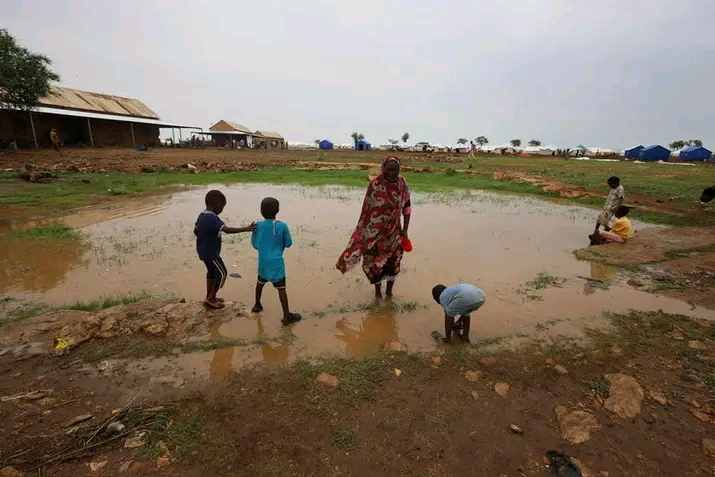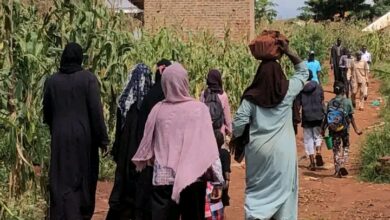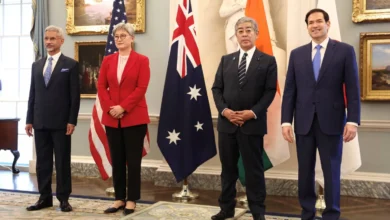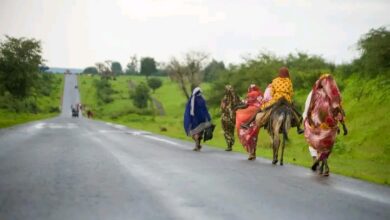Sudan’s Children at Risk of Deadly Diseases Amid Sharp Decline in Vaccination Rates
Follow-ups – Mashawir

طUNICEF and the World Health Organization (WHO) have warned that children in Sudan face a serious risk of deadly, preventable diseases, as vaccination rates have plummeted to their lowest levels in 40 years.
The ongoing conflict has devastated infrastructure and deprived millions of Sudanese of basic services, including access to safe drinking water, fueling the spread of diseases such as cholera.
In a joint statement, WHO and UNICEF said that vaccination coverage in Sudan has reverted by about four decades, placing children at severe risk from preventable illnesses.
According to the statement, at least 880,000 infants—over half of all babies in the country—did not receive the first dose of the combined diphtheria, tetanus, and pertussis vaccine (DTP1) that was due last year.
In medical terms, DTP refers to the combined vaccine protecting children against diphtheria, tetanus, and pertussis (whooping cough), with DTP1 indicating the first dose in the series.
Infants who receive no doses of the DTP vaccine are classified as “zero-dose children” and face life-threatening health risks. Sudan currently has the lowest DTP1 vaccine coverage in the world.
The statement revealed that DTP1 coverage dropped from 94% in 2022 to just 48% in the past year, marking the lowest rate in Sudan since 1987.
This decline has led to outbreaks of polio, measles, and other vaccine-preventable diseases, many of which have been fatal for children.
From January to June 2025, UNICEF delivered 16 million doses of 11 different vaccines, targeting 630,000 children under the age of one in Sudan.
More than 3.5 million doses were delivered to Darfur, reaching around 250,000 children.
Darfur, where most areas are under RSF control, is experiencing a severe humanitarian crisis. Data released on July 12 showed that the rate of children receiving treatment for severe acute malnutrition had risen to 46%.
Malnutrition levels have exceeded the critical threshold set by WHO in 9 out of 13 localities in Darfur, placing the region on the brink of catastrophe if swift action is not taken.
Edward Beigbeder, UNICEF’s Regional Director for the Middle East and North Africa, commented on the findings, saying:
> “The conflict has undone nearly 40 years of progress in protecting vulnerable children in Sudan from deadly diseases.”
He added:
> “This tragedy is easily preventable through vaccination—the most cost-effective public health intervention available.”




